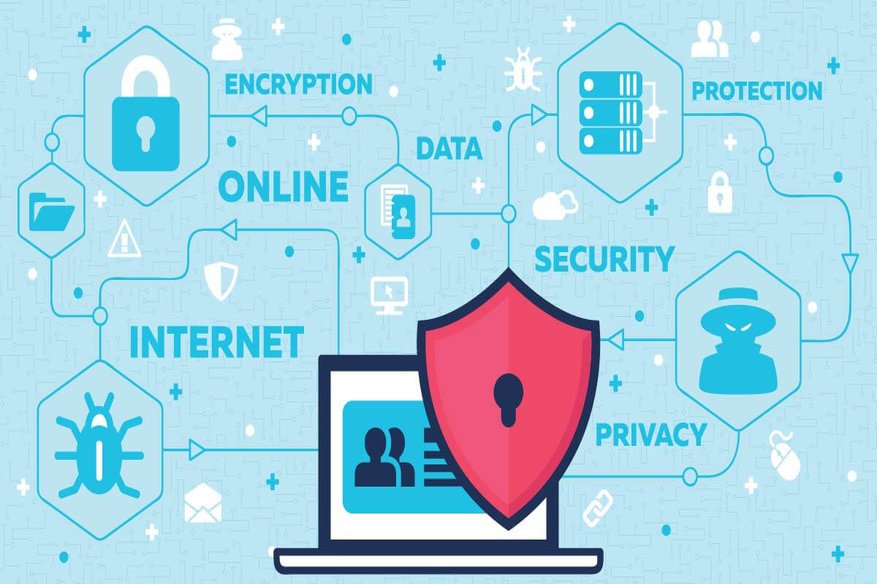Difference Between VPN, Firewall and the Antivirus Software

People often get confused with difference between VPN, firewall and antiviruses; they seem to be always wondering which of these security solutions they should use to ensure maximum security. Well, the answer is- use them all since they work best in unison. To understand this better, it’s necessary to know in detail how these different software function and what their uses are.
The VPN
VPN, or Virtual Private Network, helps users protect their privacy when they are online. This is done by encrypting users’ online traffic and thus protecting sensitive data and the entire communication from being seen by hackers or even surveillance agencies. The VPN, which works even when a user is on public Wi-Fi, masks the IP address, thereby giving the user some online anonymity. It also helps the user bypass geo-restrictions; thus, a user can browse websites/services that are restricted in his country or area if he uses a VPN.
The Firewall
The firewall, which is a must for any computing device, secures the system by monitoring and filtering incoming and outgoing traffic. A firewall could be a hardware device or a software device and helps block malicious programs, restrict access to unsecured websites etc. This is done by inspecting and blocking (or allowing) packets based on a certain set of predetermined rules. In fact, most OSs (operating systems) come with pre-installed firewall; if the user wants, he can configure the firewall to suit his needs. He should also remember that a firewall allows or restricts programs, services etc based on predetermined rules and hence it doesn’t have the capability to determine, by itself, what is malicious and what not. Thus, malicious files, programs or websites that are not included to be blocked wouldn’t be blocked and hence a firewall alone won’t work to secure a system. Still, firewall security is a must, for any computer system.
The Antivirus
The antivirus software, which is the very basic security software for any computing device, works by detecting, identifying and removing malicious software. In fact, though we often use the word antivirus, we’d be speaking about the antimalware software, which blocks not just viruses, but all kinds of malware- viruses, worms, trojans, spyware, adware etc. Based either on signature/code analysis or on behavior analysis, antiviruses identify, quarantine, analyze and remove all malware. Antivirus tools are provided by third party providers and these software need to be updated; they can, in fact, be set to update automatically. Without being updated regularly to include the latest of viruses too in its database, an antivirus tool cannot work effectively to protect a system/network against threats and attacks.
VPN Vs. Firewall Vs. Antivirus – The differences
- A VPN, which prevents monitoring of a user’s traffic and secures data, doesn’t allow the user to establish restrictions (packet restrictions or network port restrictions) on the system in the way that a firewall does.
- While VPNs help bypass geo-restrictions, firewalls don’t.
- VPNs, unlike antiviruses, don’t help detect and stop malware or malicious links.
- Antiviruses don’t help encrypt online traffic or bypass geo-restrictions the way VPNs do.
- Firewalls can be used to block websites or programs that are already known to be malicious, but antiviruses block or identify (and then quarantine) all suspicious or malicious files or programs or websites after doing a full scan.
So, which one to use?
The answer is simple. VPNs, firewalls and antiviruses have different functions to perform and hence these tools complement each other as regards securing a computing environment. So, the best decision would be to always use a properly configured firewall plus a robust, advanced firewall, and whenever a user wants his traffic to go unmonitored, it’s best to use a VPN to protect his privacy or secure all data.
Source: https://www.cactusvpn.com/vpn/vpn-vs-firewall-vs-antivirus/
Also, Read:
5 Of The Best Free VPN Services